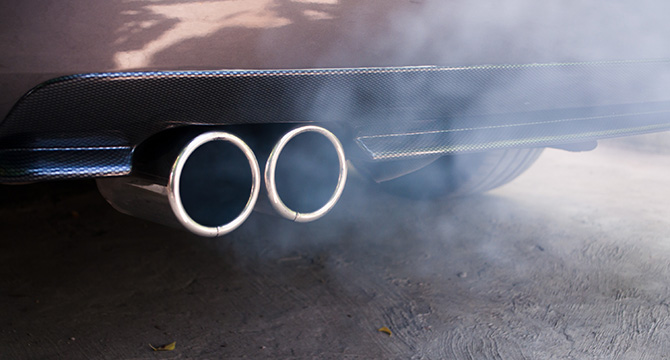California-led Coalition Files Suit to Prevent Rollback of Vehicle Emission Standards

A coalition of states has opened a new front in the ongoing battles between the Trump Administration’s efforts to streamline regulations applicable to industry and the interests favoring additional regulation. In response to the United States Environmental Protection Agency’s (“U.S. EPA’s”) recent announcement that the agency will ease greenhouse gas (“GHG”) emission standards applicable to light-duty vehicles, a group of states have gone to court to oppose that change.
Led by California, the group filed suit against U.S. EPA in the United States Court of Appeals for the District of Columbia on Tuesday, May 1st, seeking review of U.S. EPA’s notice to reconsider the GHG emission standards for light-duty vehicles for model years 2022-2025. California leads the challenge because the Clean Air Act specifically authorizes California to enforce stricter air pollution laws than the federal standards, and the California standards were specifically targeted by U.S. EPA in a press release accompanying the rollback announcement. Thirteen states and the District of Columbia have adopted California’s stricter light-duty GHG emissions standards—functionally forcing automakers to comply with those standards nationally.
California alleges that U.S. EPA’s proposed action violates the Clean Air Act, does not follow the agency’s own regulations, and is arbitrary and capricious. Joining California in the suit are Connecticut, Delaware, District of Columbia, Illinois, Iowa, Maine, Maryland, Massachusetts, Minnesota, New Jersey, New York, Oregon, Pennsylvania, Rhode Island, Vermont, Virginia and Washington.
Whether California’s standards stay in place, or U.S. EPA is successful in rolling them back, will have significant implications for automakers and automotive suppliers. Given the efficiency limitations inherent to internal combustion engines, to achieve lower emission standards automakers will need to do one of two things, (1) build fewer SUVs and more small cars, or (2) replace some portion of their conventional production with all-electric vehicles. Both options would likely significantly impact current and future production decisions throughout the automotive sector.
We will continue to provide updates on the rulemaking and any related litigation as matters develop. If you have any questions on this alert or on a related matter, contact Ed Burbach at eburbach@foley.com, Gary Rovner at grovner@foley.com, Pete Tomasi at ptomasi@foley.com, or Hillary Vedvig at hvedvig@foley.com.

